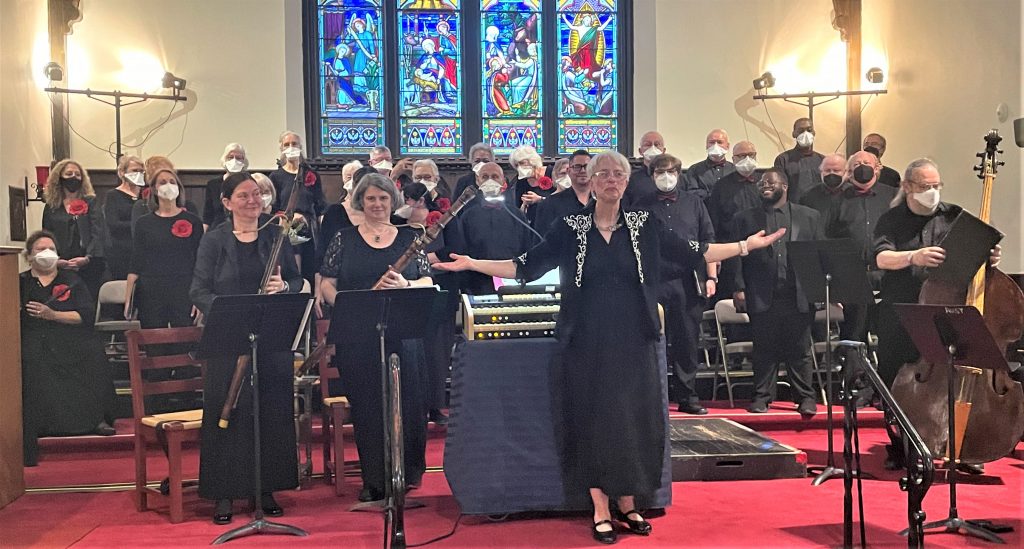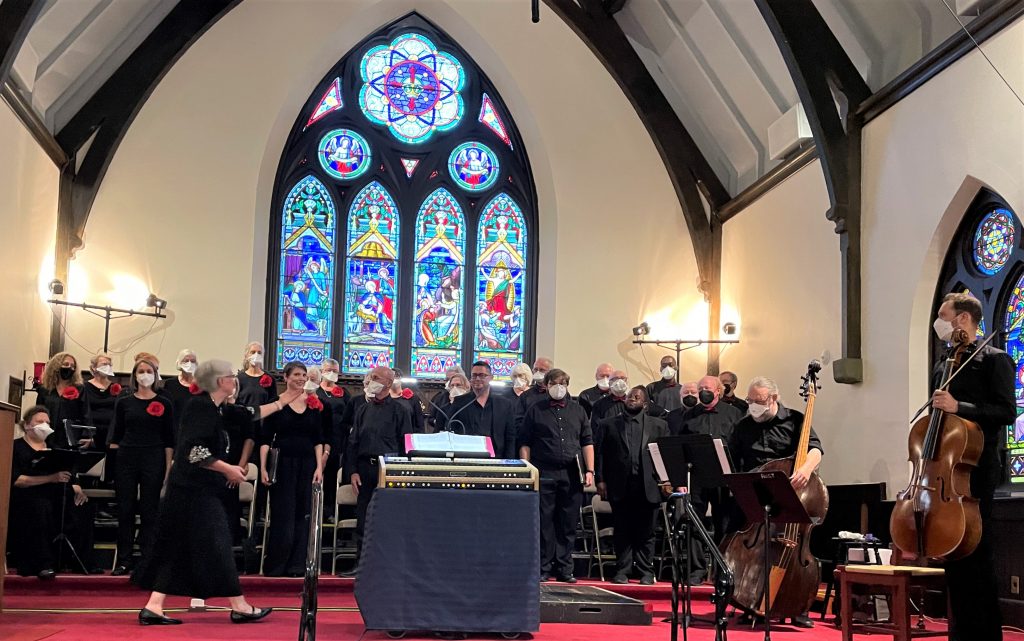
As a contemporary Presbyterian, I find the Roman Catholic service to be so laden with mythological dogma that has it has no relevance to the present. In the Renaissance the Roman Catholic service attempted to refute Protestants by elevating religious art in painting, statuary, and music though liturgy, rather than address the fundamental, common sense reforms Protestants demanded. The Roman Catholic Church demanded obedience, medieval hierarchy, and slavish veneration rather than providing accurate translations of antique texts. Protestants looked at the texts, discovered contradictions, and worked to produce more accurate translations, while the Papacy wished to distract with pomp and rules resembling the psychology of slavery. Rome clung to expertly trained choirs for entertainment, while Protestants encouraged all attendees to sing in unison and develop a bond of fellowship through mutual song.
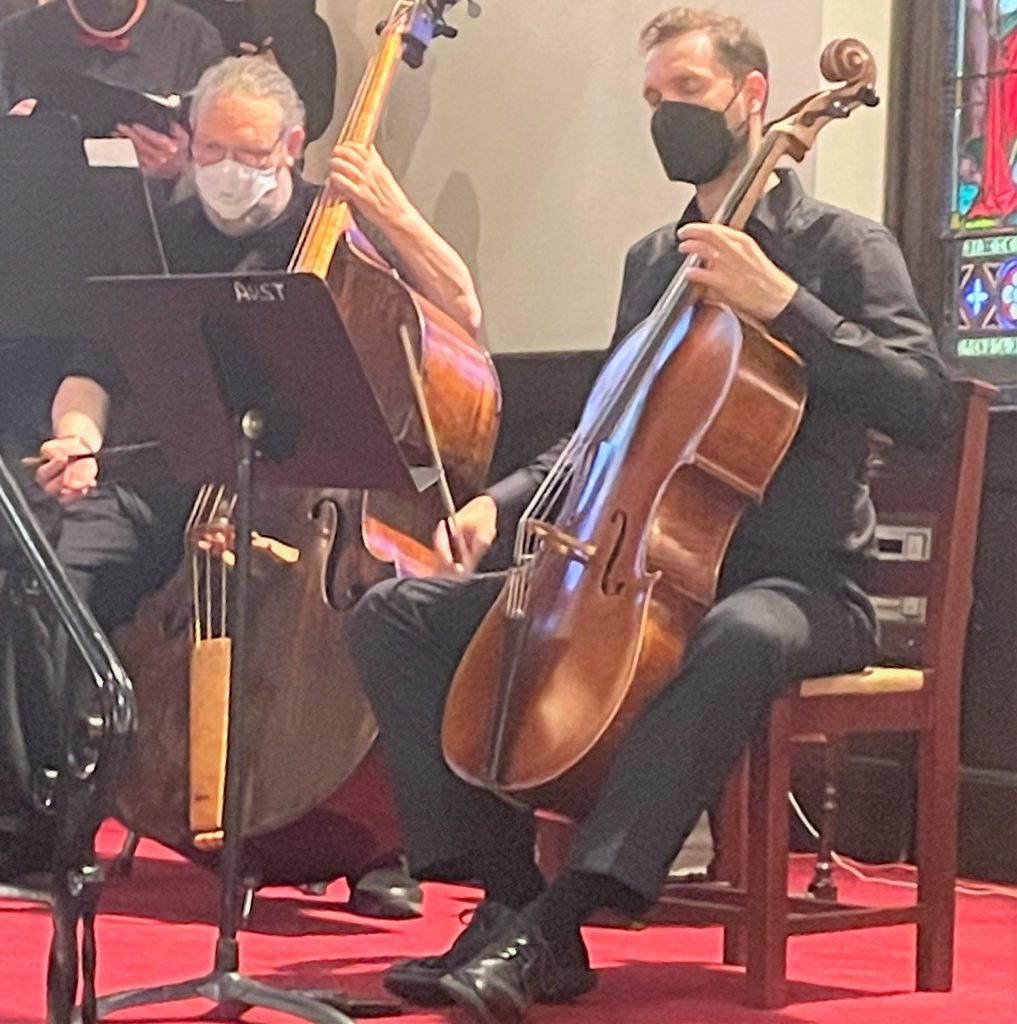
Venice, Rome, Naples, and belatedly Milan, vied in turning their services and its music into monumental cathedrals. Spain imitated this monarchical aesthetic. On the evening of July 24, Crescendo, under Artistic Director Christine Gevert offered Grandson of Afro-Brazilian Slaves: Classical Star Composer José Mauricio Nunes Garcia which consisted of a liturgical mass, a short motet, and Matins service in honor of St. Peter. Sociologically speaking, this kind of event led to the gradual elevation and acceptance of mestizo culture in Brazil.
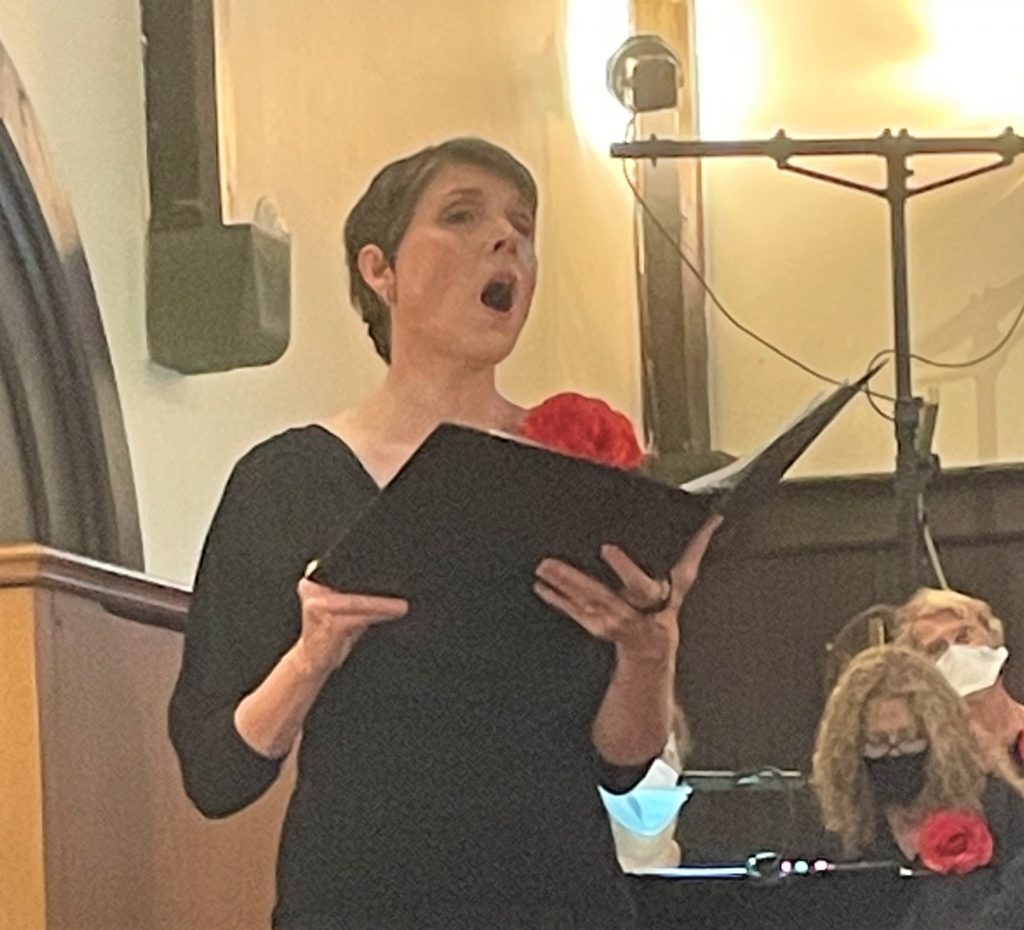
Garcia (1767-1830) wrote in the same tradition of Scarlatti, Haydn, and Mozart, but with more vigorous rhythmic bounce. The libretto was the same-old, same-old dogma routine. Garcia delivered more lengthy ornamentation of vowels than I have previously heard in a Roman Catholic service; this difficulty required better trained singers who could run the scale (and sometimes back) on an ah or oh.
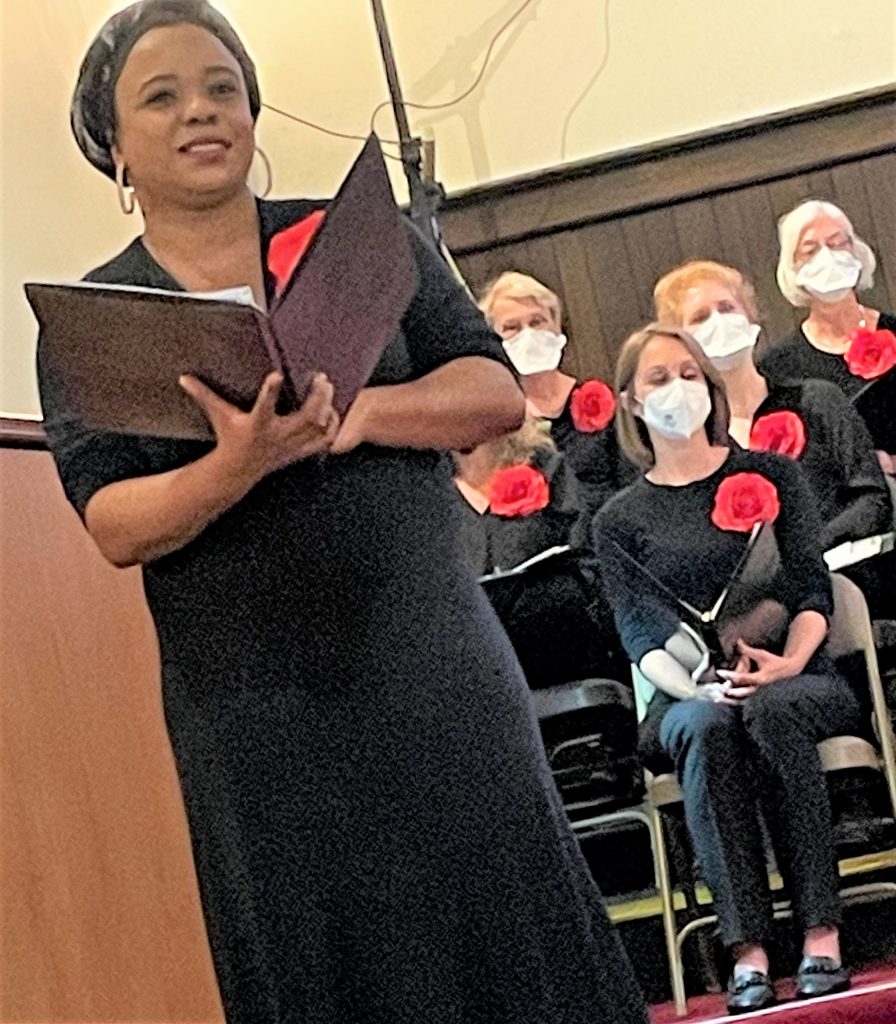
The large choir of forty or so were predominantly women with higher timbre and featured soprano Schauntice Marshall who sang with heartfelt warmth and mezzo-soprano Sarah Marvel Bleasdale who sang to the heavens. Yet it was baritone Jermaine Otis Woodward, Jr. who opened up those heavens, as his voice descended to booming bass. Yes, he opened those heavens and made this concert memorable.
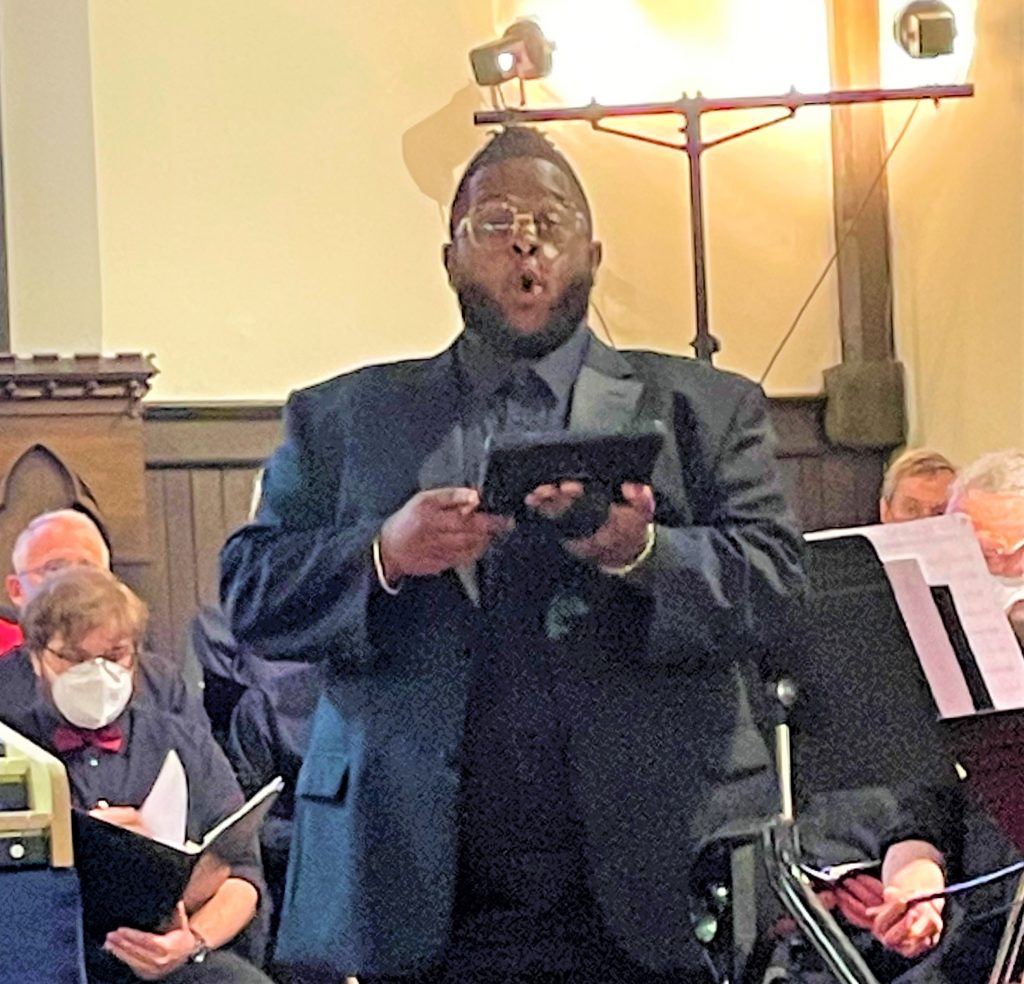
Serafim Smigelsky on violincello rented the soul of Garcia for this occasion. Jay Elfenbein on Baroque bass purchased for the day a tone of soulful veneration from the Papacy. Rachel Begley borrowed a bassoon that Alessandro Scarlatti in heaven was not using that day. The choir employed Angel Throat Spray from a secret donor. And Christine Gevert impersonated J.S. Bach on the organ, even though he was a Protestant.
In short, all went well, and the Creator gave special exemption for concert attendees to applaud, even amid the service.
